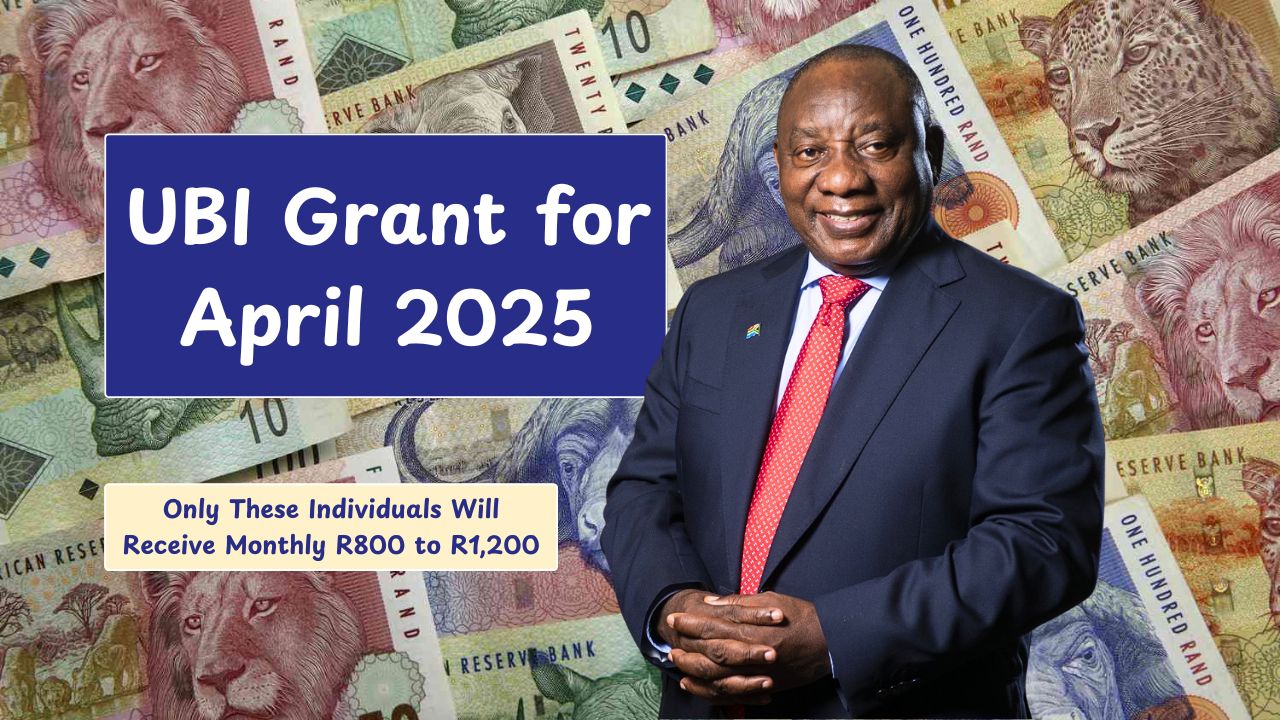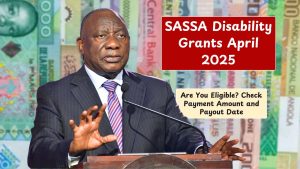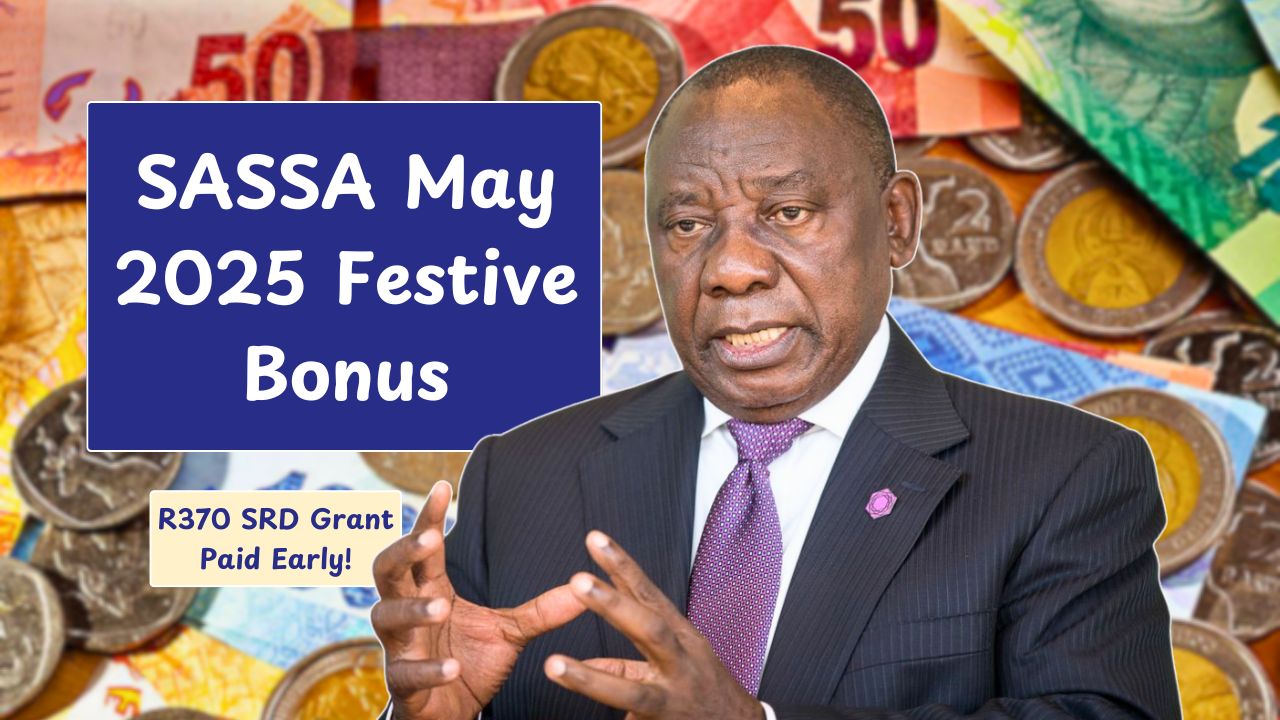South Africa just took a massive step towards tackling poverty and inequality with the introduction of the Universal Basic Income Grant (UBIG) in April 2025. If you’re struggling financially, unemployed, or earning very little, this monthly payment could be the helping hand you’ve been waiting for. Ranging between R800 and R1,200, it’s aimed at those who aren’t getting any other government aid. So how do you qualify? How can you apply? Let’s break it all down.
Overview
The UBIG is more than just a new grant—it’s a safety net for millions. With unemployment rates still above 30%, this initiative couldn’t have come at a better time. It provides monthly payments to citizens aged 18 to 59 who have no or very low income, and who aren’t already receiving other forms of social support like the Child Support Grant or the SRD.
Here’s a quick snapshot:
| Feature | Details |
|---|---|
| Amount | R800 to R1,200/month |
| Who Qualifies | Ages 18–59, low/no income, not on other grants |
| Platform | SASSA official website or office |
| Frequency | Monthly |
| Factors | Income level, household size |
Eligibility
Wondering if you qualify? The UBIG is designed for people left out of other government support systems. You must:
- Be a South African citizen or permanent resident
- Be between the ages of 18 and 59
- Have little to no income (usually below R1,335/month)
- Not be receiving any other social or unemployment grant
The amount you receive depends on your situation. If you have zero income, you’re more likely to get the full R1,200. If you have a small, irregular income, you might get closer to R800.
Application
Applying is pretty straightforward, but you’ll want to get your documents ready. Here’s how to do it:
- Check if you’re eligible
Make sure you fit the income and age criteria and don’t receive any other grants. - Go through SASSA
Apply online via the SASSA website or go to your nearest office. - Upload your documents
You’ll need your South African ID, proof of income (or lack of it), proof of residence, and banking details. - Wait for review
SASSA will assess your application and notify you if you’ve been approved. This can take a few weeks. - Receive monthly payments
Once approved, you’ll get monthly payments through your bank account or an alternative payment method.
Impact
This isn’t just about giving out money—it’s about changing lives and rebuilding an economy from the ground up. The UBIG brings several big benefits:
- Fights poverty directly
It gives people enough to cover the basics—food, transport, and other daily needs. - Boosts local businesses
With more people having money to spend, small businesses benefit from increased customer demand. - Cuts down on crime
Desperation leads to crime. Give people a bit of financial stability, and things start to shift.
Challenges
No program is perfect. The UBIG will face its share of hurdles—verifying applicants, preventing fraud, and ensuring that the most vulnerable actually receive their payments. There’s also the big question of how long it will last and how it will be funded long-term. But for now, it’s a promising start in the fight against inequality.
South Africa’s Universal Basic Income Grant isn’t just about money—it’s about restoring dignity and giving people a chance to breathe. If you’re eligible, don’t wait. Apply today and take the first step toward a more stable future.
FAQs
Who qualifies for the UBIG grant?
South African citizens aged 18–59 with low or no income.
How much is the UBIG payment?
Between R800 and R1,200 per month, based on your income.
How do I apply for UBIG?
Apply online via SASSA or visit a local SASSA office.
Can I get UBIG with other grants?
No, you can’t receive UBIG if you’re on other government grants.
When do UBIG payments start?
Payments begin after your application is approved by SASSA.











